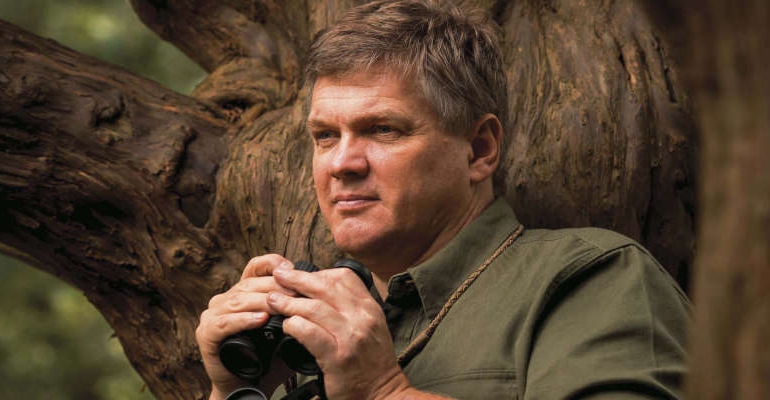
Ray Mears lives and breathes the wild. His passionate career in the exploration and teaching of nature has seen him become a bushcraft and survival legend, loved and respected by many worldwide. He generously spoke to Sara Whatley from his home in Sussex
Highly-respected naturalist, woodsman, bushcraft and survival expert, Mears is a household name with his many television series, books and appearances behind him. He founded Woodlore, The School of Wilderness Bushcraft over thirty five years ago, but his interest in nature has been a lifelong one, from the age of five when he saw his first rhinoceros at Longleat Wildlife Safari Park. Aged eight he started tracking foxes on the North Downs, near his home in Kenley, which was on the edge of the North Downs Way. “It was before it had been subsumed into the morass of Croydon.” He said of the experience, “I wanted to stay out at night with them, and that really opened the door to everything I’ve done ever since.”
Of his latest book, We Are Nature, written during lockdown, Mears says it is the most important book he has ever written and covers the subject people find most life changing when they understand it. The focus of the book is on our human connection with nature and how best to use our innate senses to tune into it and explore it more deeply. “I feel like I’ve had my blinkers taken off,” is what people tell Mears after he has shown them how to use their senses with acuity.
The We Are Nature Tour is to follow next spring and when I spoke with Mears from his home in Sussex, where he lives with his wife, Ruth and stepson, I was keen to know more about his life, work and the tour.
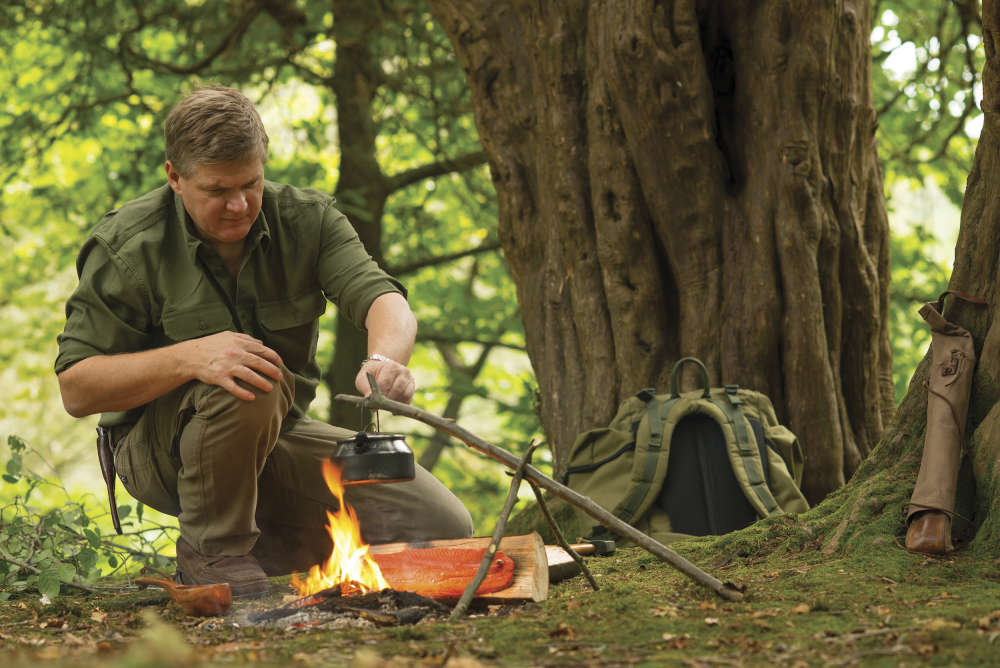
Your new show We Are Nature is touring the UK in the spring, including two Sussex dates in Worthing and Horsham. What can audiences expect of the show?
This is a show about rediscovering nature and exploring the true depths of our sensory capacity. It’s all about thinking and feeling the depth of our ability and amplifying the volume of the senses that we normally suppress. Effectively ‘tuning in and turning on’ to nature.
With today’s fast-paced life and the rise of technology, everything is made very easy. When you go to the supermarket for example, you drive there, and you know to look for the road signs. When you go inside looking for a special offer, there’s a bright day-glow star telling you ‘This is a special offer’. But in nature, everything is far more subtle – more cryptic and camouflaged. To see things in nature you must learn to use your senses to find the wildlife that is hiding. Once you start to do this you discover that the whole process is incredibly rewarding because you are scratching an itch you didn’t know you had.
Together with the audience we will go on a voyage of discovery of our senses. But it won’t be limited to just that – we will be talking about a lot more – how we can read a landscape, the kind of equipment that we can use to ‘supercharge’ our senses, and how we can use these skills, not only for our own enjoyment and benefit, but also to protect wildlife which is such an integral part of the British countryside.
There is a very good chance that people coming to this show will find their lives forever changed.
Did you have your own naturalist hero when you were growing up?
Of the naturalists that I grew up with my favourite was Gerald Durrell. When I was in my teens he made a series called The Amateur Naturalist, which I absolutely loved and it was the only programme I would go indoors to watch rather than being outdoors. He was a very good presenter, very knowledgeable and down to earth. That had a big influence on me I think.
Have you always gone out on your own? Were you never scared as a child?
No, I’ve never been scared. I don’t feel fear of being on my own. I love travelling with my wife, Ruth, that’s the best thing in the world, but equally I do like being alone – I’m very comfortable in my own company. The more remote it is the more I like it!
As you realised that immersing yourself in nature was what you wanted to do with your life, who taught you about it and how did you learn your bushcraft?
Most of it is self-taught by research, and going out and doing experimentation. And, of course, learning from native and indigenous peoples. I spent nearly a year studying in the library at the Royal Anthropological Institute and The Museum of Mankind when that still existed.
Many of the things that people take for granted today in the world of bushcraft, I worked out. So, it was a pioneering experience and I’m still learning now, still making new discoveries.
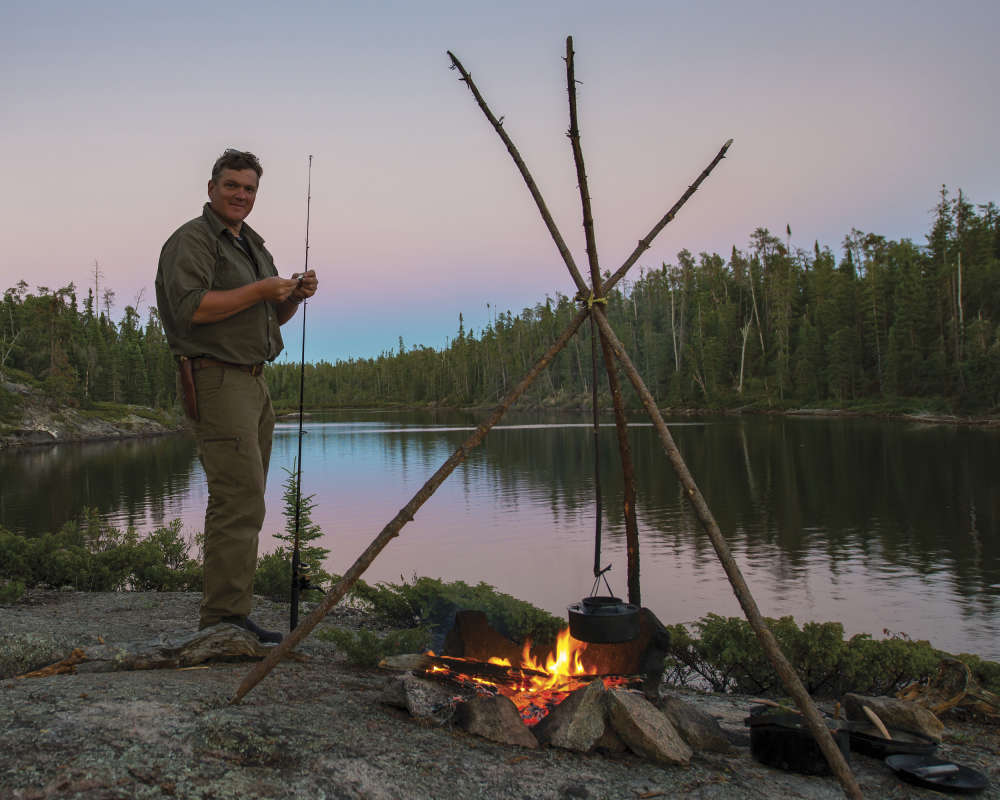
Being a Sussex man yourself, do you have a favourite part of the county?
We’re very lucky, we have a wide-ranging diversity of habitat – the thick biodiverse woodland of the Weald, fresh water rivers, lots of ponds which are good for insect life, the Downs with wonderful chalk downland and steep slopes of wild flowers, right down to the coastline. I feel blessed that one day I can be walking on the South Downs and the next I can be exploring the marshes of a fresh water river; I love it. There is no reason to be bored in Sussex!
Looking further out into the world from Sussex, do you have a particular habitat that you enjoy?
Woodland. Big forests are my favourite. That’s not to say I don’t enjoy desert and mountains, I do, but I really connect with forests.
Is that because of the wildlife you find there or…?
It’s so diverse and such a complex eco-system, the wildlife can be difficult to see so it’s challenging. It’s full of mysteries and you have to learn to notice the small details to differentiate between things. It’s one of the reasons I like the Weald so much.
I was thinking about the seasons and how you travel round the world; do you make sure you visit the same places in different seasons?
Yes I do. The difference between the wet and dry seasons in the tropics can be quite dramatic in terms of the plant life – there are some plants and wildlife you will never see in flower or leaf unless you are there at certain times of year – and that’s very revealing. That’s true here in the UK too, but in a slightly less dramatic way.
And does that have a big impact on things like tracking?
Yes, all seasons are all different. Tracking in snow can be really difficult, not as easy as people imagine. Here in Sussex, it is one of the hardest places of all to learn to track; the Weald in the summer can be baked as hard as an anvil. I’ve always found that very beneficial when I travel anywhere else; learning to track here makes you better at tracking elsewhere.
A lot of people don’t understand what tracking is, they think it’s following footprints, but we’re looking for the tiniest marks and disturbances – breaks in twigs, bruises on leaves, light displacement of leaf mould or gravel – tiny things that are very significant to the trained eye, but to the casual observer would be invisible.
Is that learnt through practice?
There are three things that make a good tracker. Firstly, it’s good to have some tuition. Secondly, it’s really good if you have been out with real trackers, so you can see what’s possible. And thirdly, you have to do it, and do it, and do it, and confront your weaknesses. Your failures are what teach you to track. I track every day, it’s a perishable skill; if you don’t use it you lose it.
You detail your experience of locating a putrefying elephant carcass by following its smell through the bush; do you take into account your own personal scent when you’re out observing nature?
Yes, that’s really important. When I do a guided walk and someone turns up with a strong-smelling perfume, deodorant or aftershave my heart sinks.
I wash, but I don’t use deodorant – they’re not good for us anyway – and I use natural soaps that are unscented or pine scented. The clothing I wear generally smells of the outdoors and wood smoke, but the most important thing is where you position yourself in relationship to the flow of the wind.
In the book you talk about the amazing camouflage of the octopus, what camo gear do you favour?
You don’t have to wear full camo gear, but dull, drab colours, and the key thing is to not move around too much. Cover your hands with gloves so they don’t flash when you’re putting your binoculars up, and have a hat with a peak to cast shade across your face. It depends how close you want to get… you can become invisible so you can be accepted without causing a disturbance.
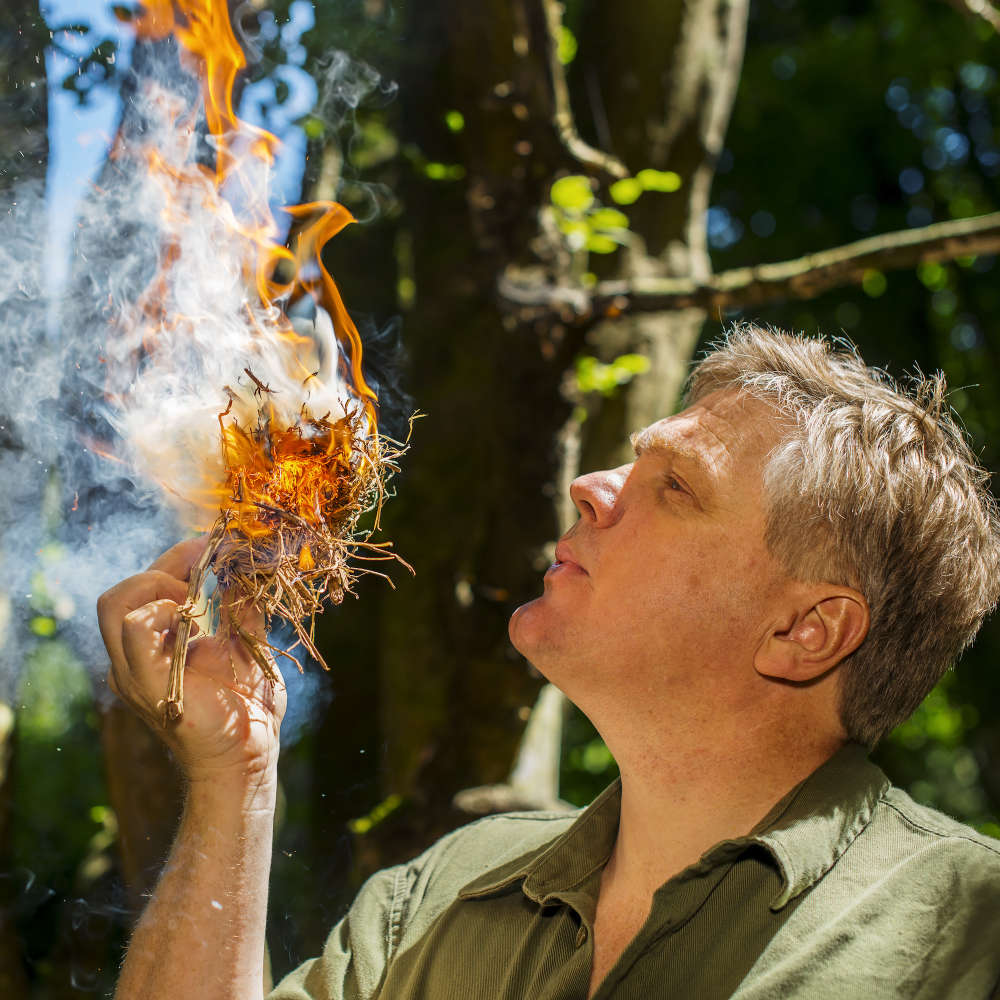
You say in the book you believe we can reverse the tide of the climate crises. What do you think of the news that has just come out of COP26 that the Climate Action Tracker Group has warned of a global temperature rise of 2.4C instead of the 1.5C which needs to be maintained by 2100?
I’m quite encouraged by COP26 to be honest. I’m a realist, not an idealist. I know it’s going to take time to get the world together to solve the issue, but 120 nations were represented by their leaders and heads of state, which means that 120 nations thought it was important enough to attend.
But the most heartening thing was to hear the Chinese and Americans say this is the next existential threat. Hooray! At last someone’s saying the right thing. I’m sick to death of politicians telling me they want to ‘save the planet’, that’s nonsense. The planet is not at threat; life on earth is at threat. We are raising the temperature on earth, polluting the air, the oceans and fresh water and reducing biodiversity, so if you add these things up, we are making earth toxic to life as we know it. This is the greatest threat we have ever faced as a species, and failure is not an option. The sooner we get to that point in the debate the sooner we will roll our sleeves up and do something.
The resurgence of people using green spaces and appreciating nature for exercise, relaxation and maintaining balanced mental health during the Covid-19 pandemic is heartening. What do you think about the connection between nature and mental health?
There is a definite link. In 1982, the Japanese coined the term ‘shinrin yoku’, or forest bathing. They realised there was a rise in autoimmune deficiency, and suicide where people were struggling with their work lives, so they looked to Shinto and Buddhist traditions and came up with the concept of ‘shinrin yoku’.
Having labelled it, it gave scientists an opportunity to evaluate it. I’ve recently looked at the research that’s being done – it’s staggering, the benefits are huge: the physiological benefit from being in woodland, where the ambience is good reduces your anxiety levels. The secret is to wander aimlessly in woodland and let things in nature grab your attention as you pass by, so you’re using your consciousness in a less organised, focused way, helping to redress the balance of overusing this part of our psyche.
And phytochemicals that are given off by trees are beneficial to us too, can boost our immune system and increase the speed we recover from operations. But it shouldn’t come as a surprise; for 2.5 million years we lived in nature, and we need that connection. And that is what Mears is trying to achieve and pass on through his teachings; a reconnection to the wild, to use our own senses to appreciate and understand it more keenly and to protect it for the survival of the human species. Mears writes, “When I observe nature, I feel more than simply awe at her diversity and astonishing beauty. I feel a deep intrinsic lifeforce connection. Travelling and guiding groups in wild places has taught me that in wilderness there is hope – hope that wildlife will continue in all its biodiverse glory, and hope that humanity will once again be moved by the rhythm of nature’s song.” That’s something we can all live by.
Ray Mears We Are Nature An Invitation To Reconnect With The Natural World will be at the Worthing Assembly Hall on 17th March 2022 www.wtam.uk 01903 206206 and at Horsham Capitol Theatre on 31st March 2022 www.thecapitolhorsham.com 01403 750220
For further information on Ray Mears visit www.raymears.com
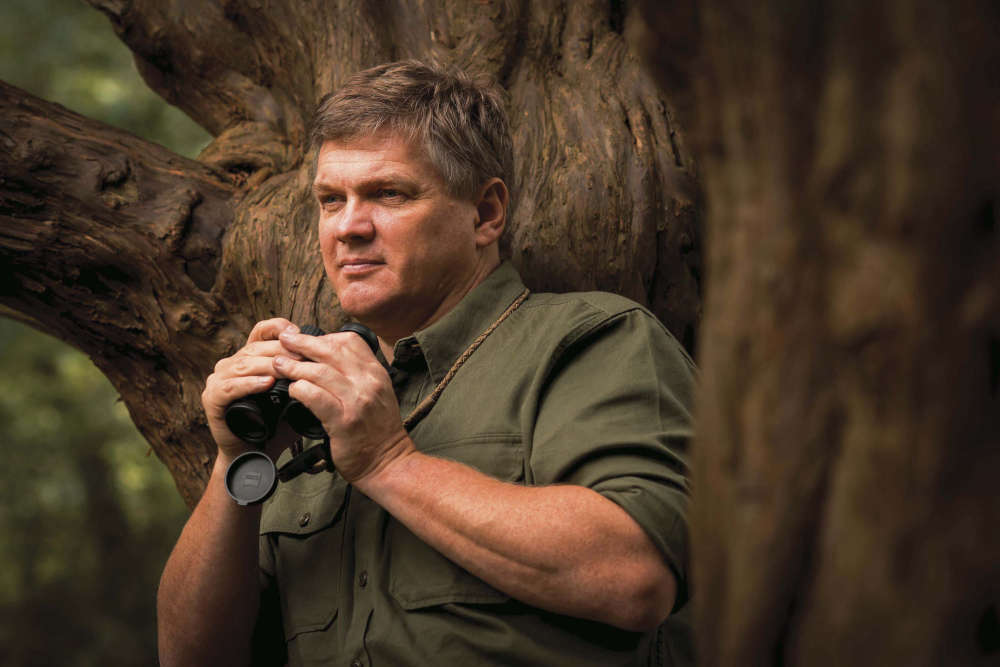

 Age UK: Winter Emergency Appeal
Age UK: Winter Emergency Appeal
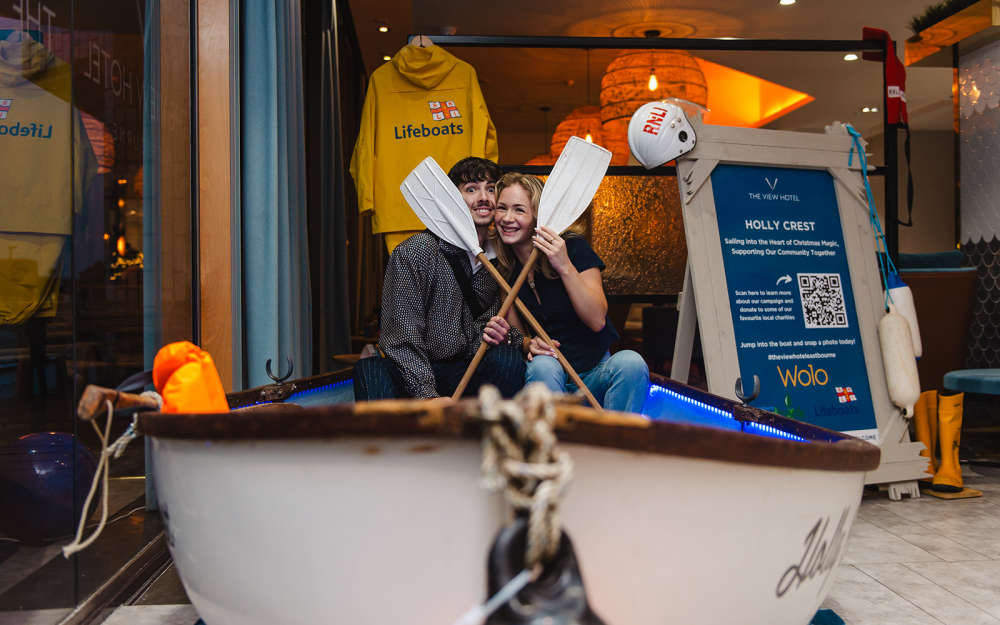 Charity: All Aboard the Ho Ho Ho Holly Crest!
Charity: All Aboard the Ho Ho Ho Holly Crest!
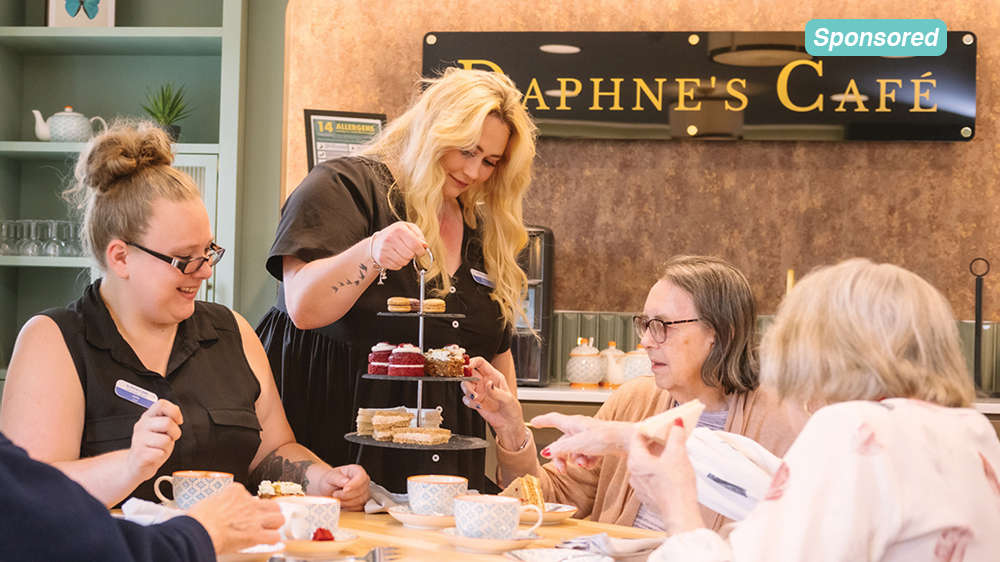 Hailsham House: More Than Just Care, It’s Home
Hailsham House: More Than Just Care, It’s Home
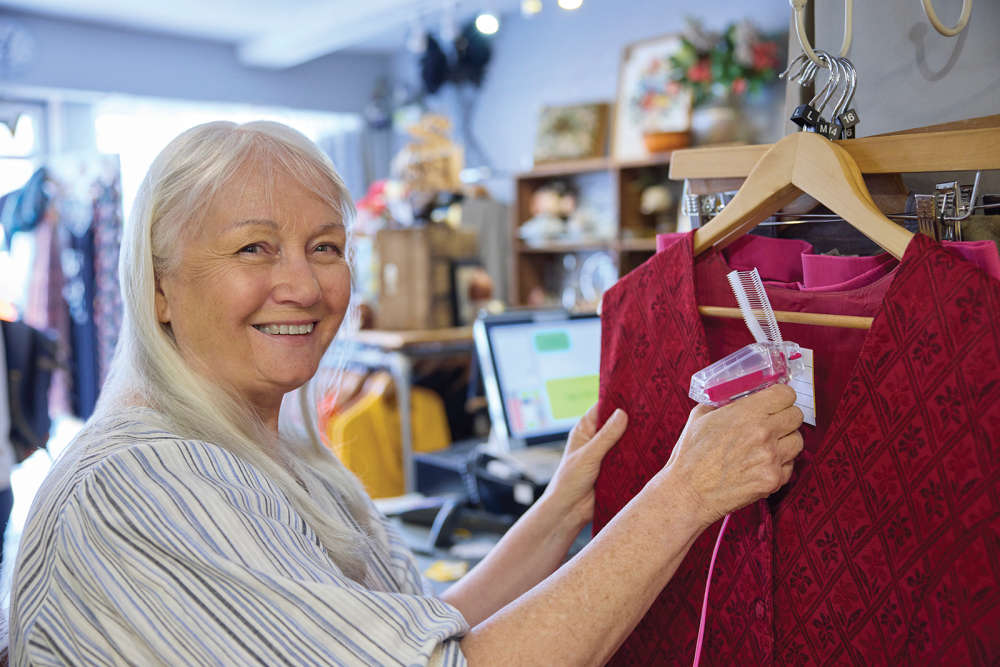 Age UK East Sussex Needs You!
Age UK East Sussex Needs You!
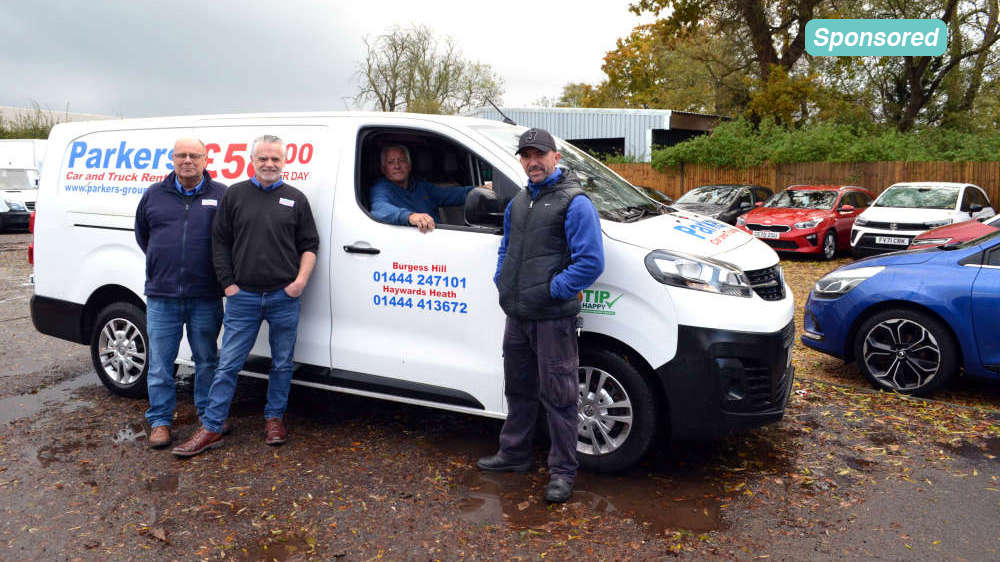 Parkers Car & Truck Rental Celebrate 75 Years
Parkers Car & Truck Rental Celebrate 75 Years
 Have a Macmillan Coffee Morning!
Have a Macmillan Coffee Morning!
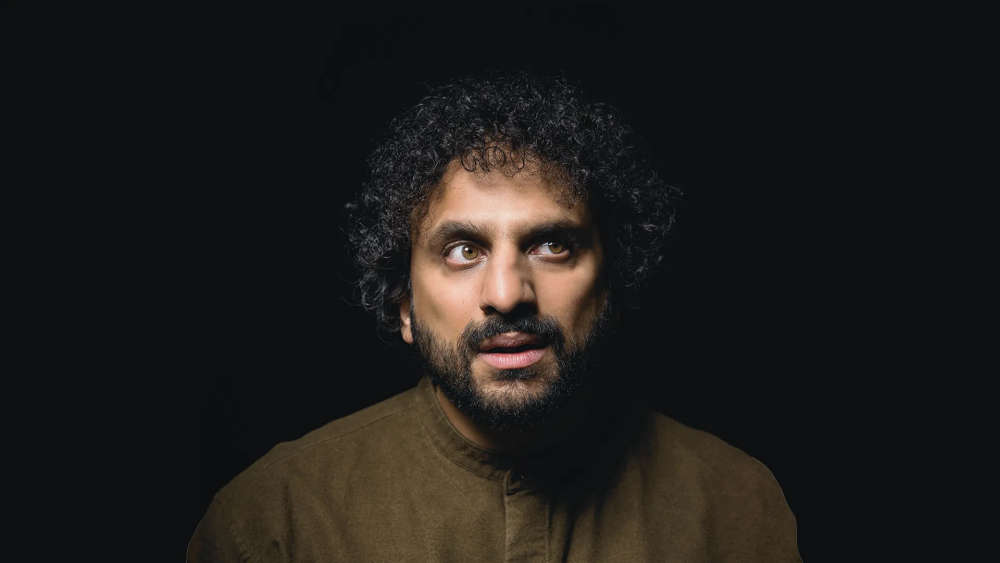 "I quite like to end up with a setlist that involves a catalogue of human misery..." Nish Kumar on his return to stand-up comedy
"I quite like to end up with a setlist that involves a catalogue of human misery..." Nish Kumar on his return to stand-up comedy
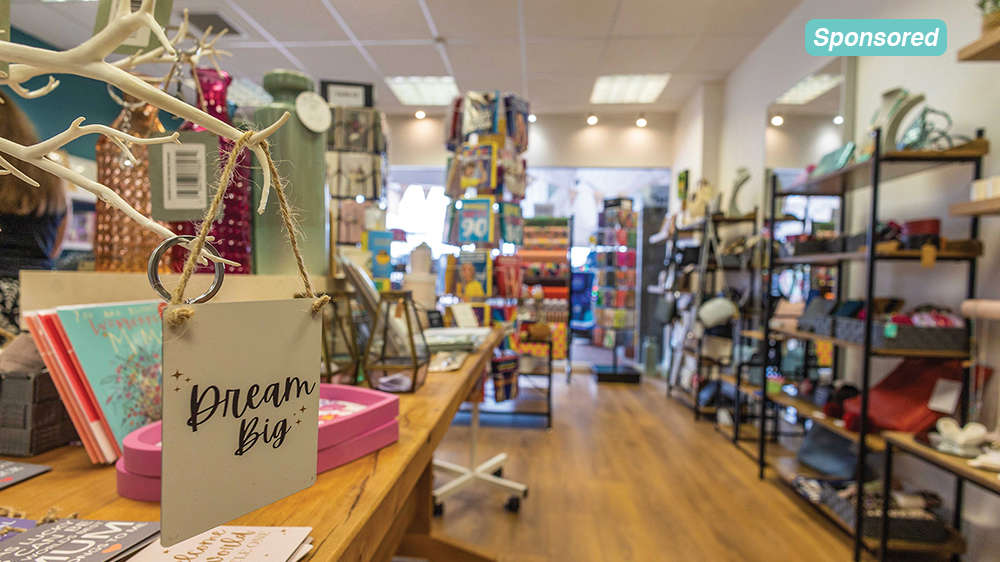 Pure Inspiration
Pure Inspiration
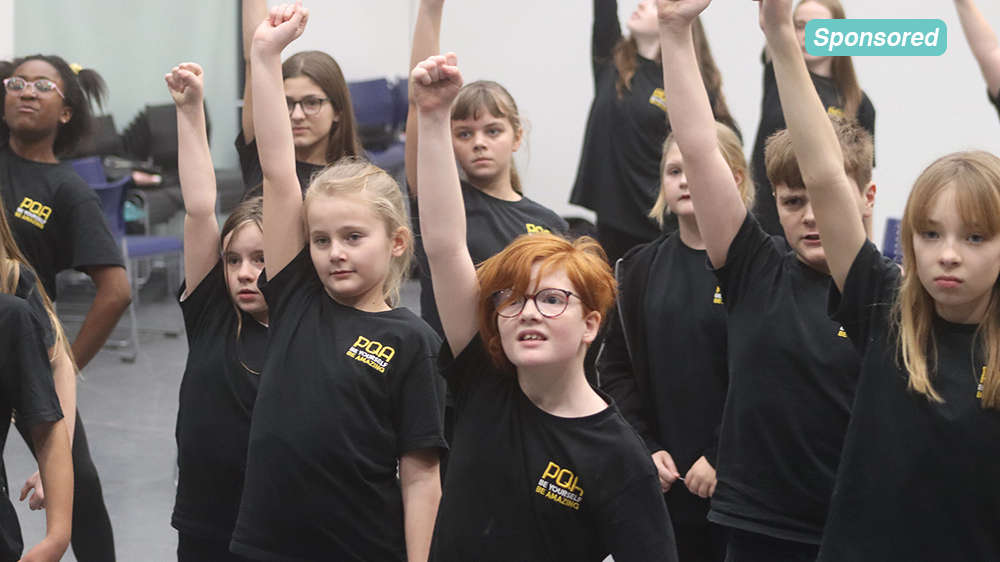 Creating a Dream at The Pauline Quirke Academy
Creating a Dream at The Pauline Quirke Academy
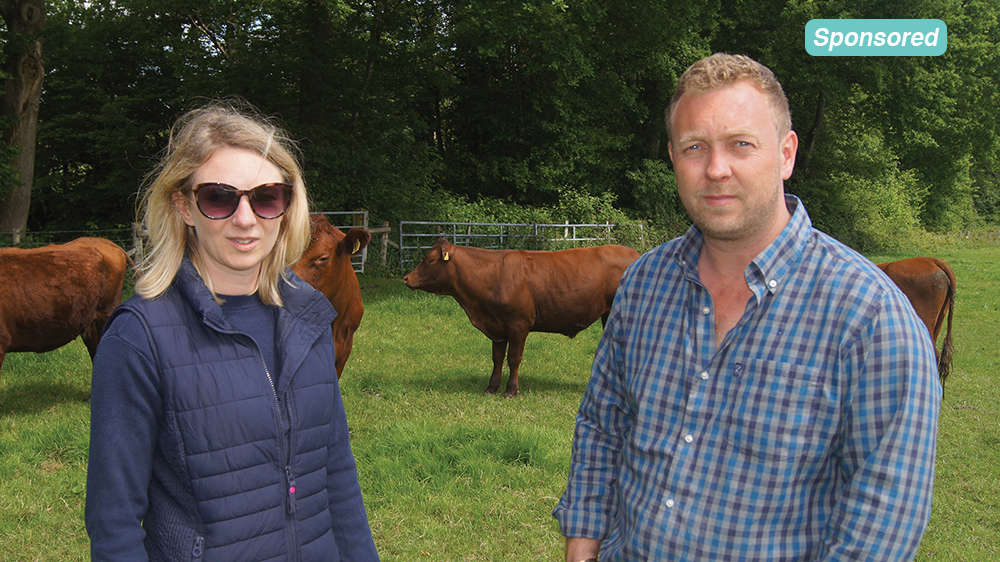 A Little Slice of Heaven
A Little Slice of Heaven
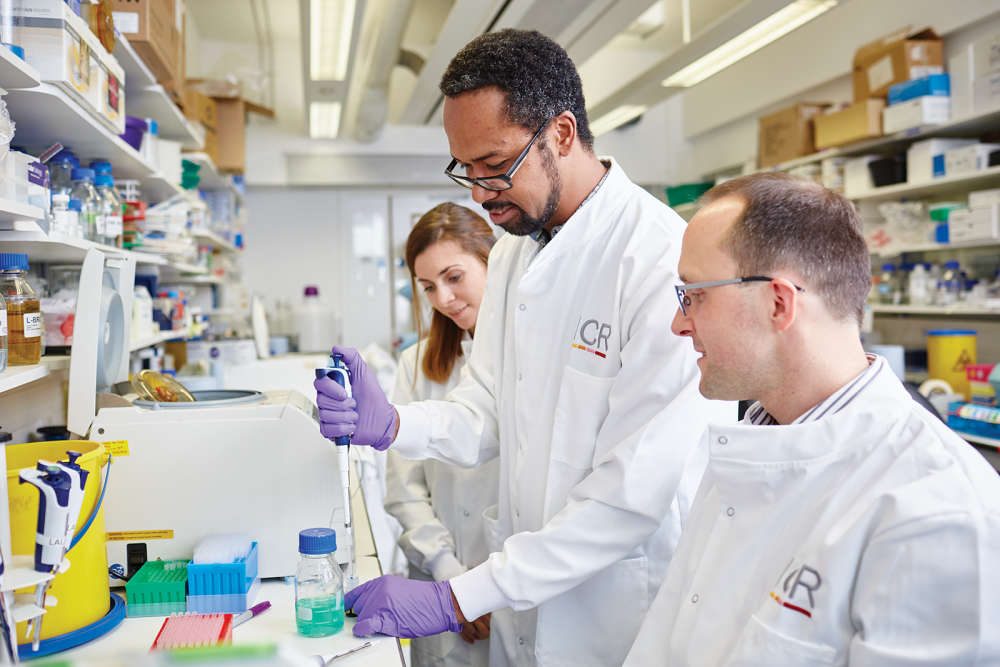 Charity: Institute for Cancer Research
Charity: Institute for Cancer Research
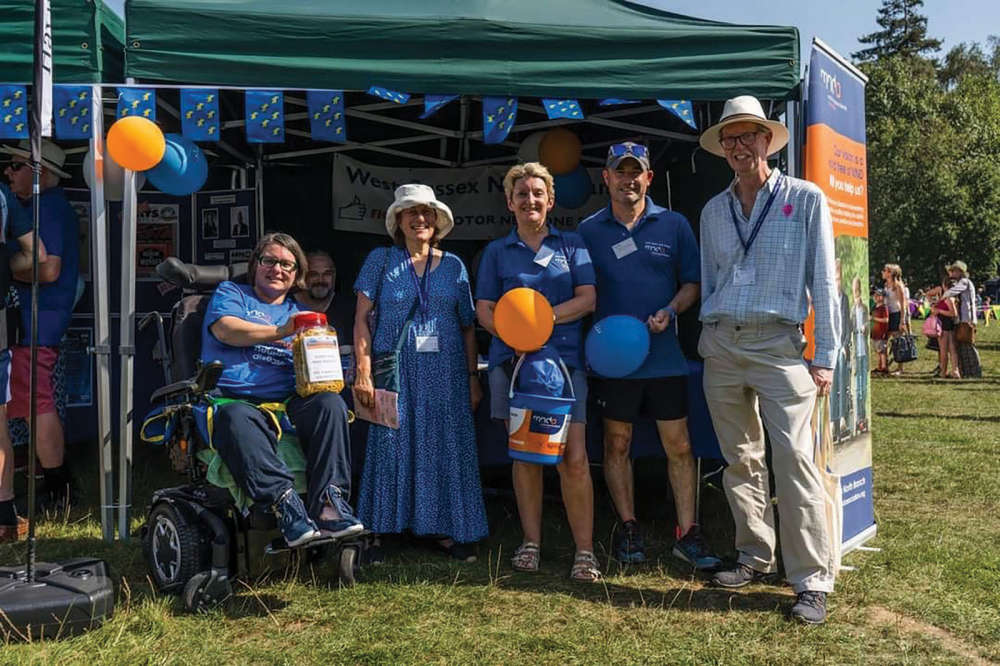 Volunteer for Motor Neurone Disease Association
Volunteer for Motor Neurone Disease Association
 Riding to Success
Riding to Success
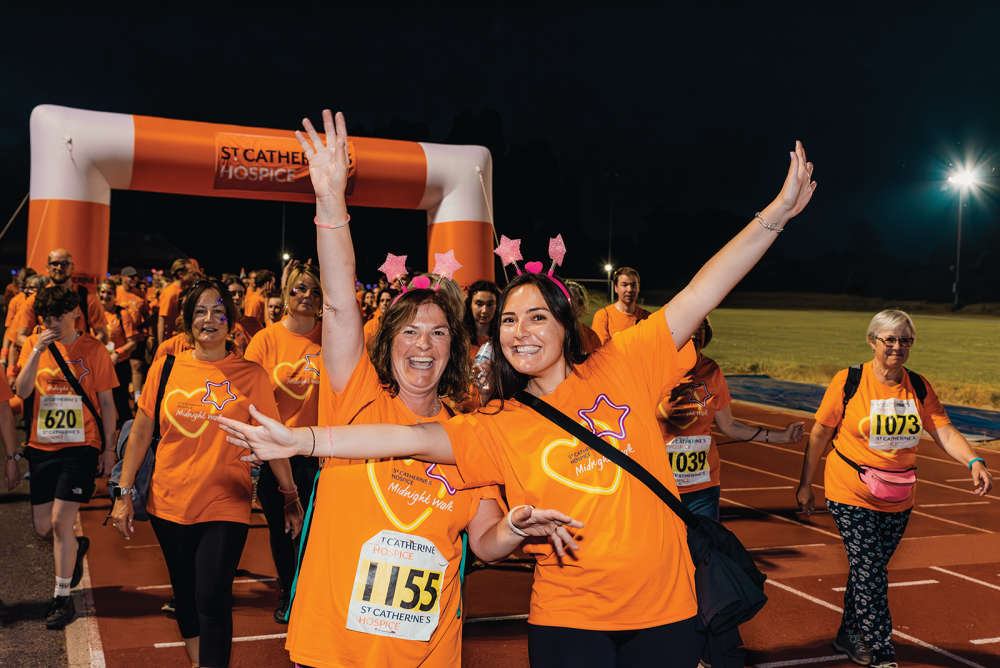 Step out for St Catherine’s Hospice
Step out for St Catherine’s Hospice
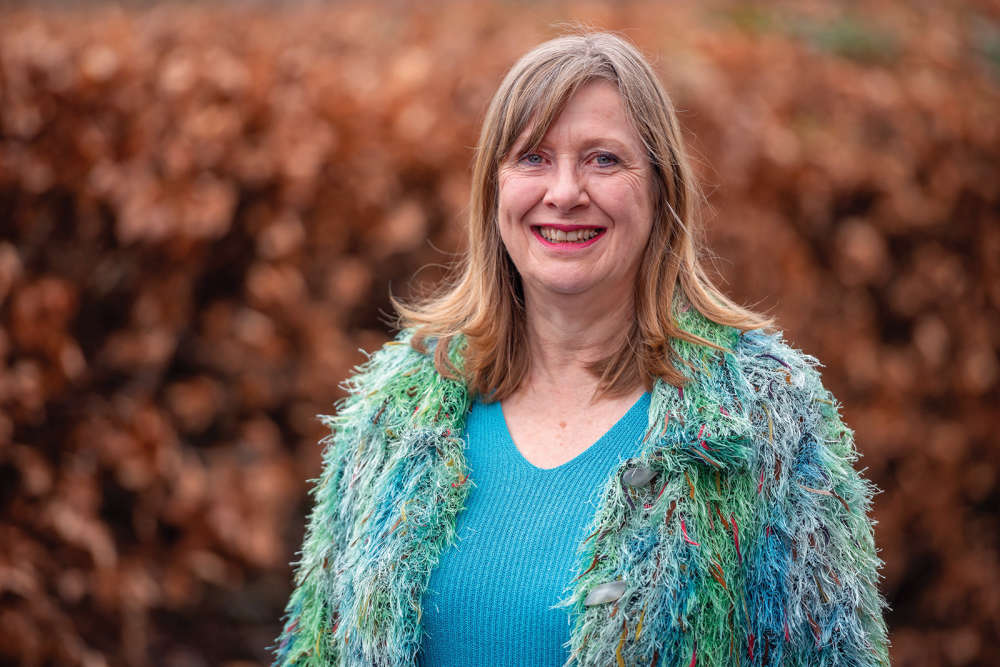 Homes for Ukraine: Opening Your Home and Your Heart
Homes for Ukraine: Opening Your Home and Your Heart
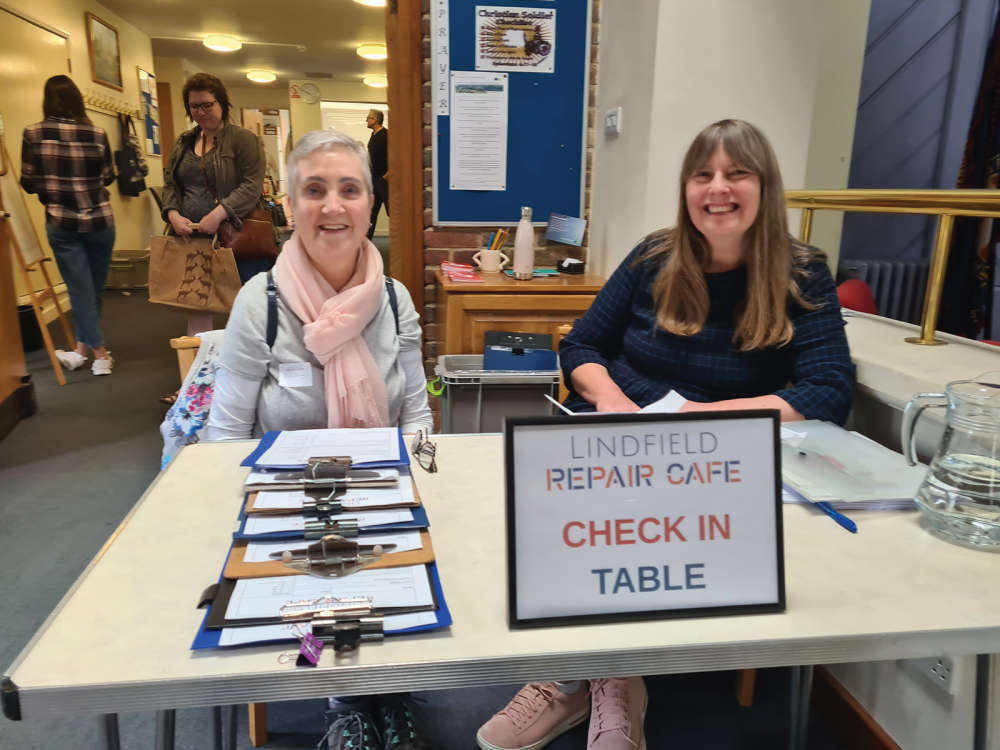 The Joy of the Repair Café
The Joy of the Repair Café
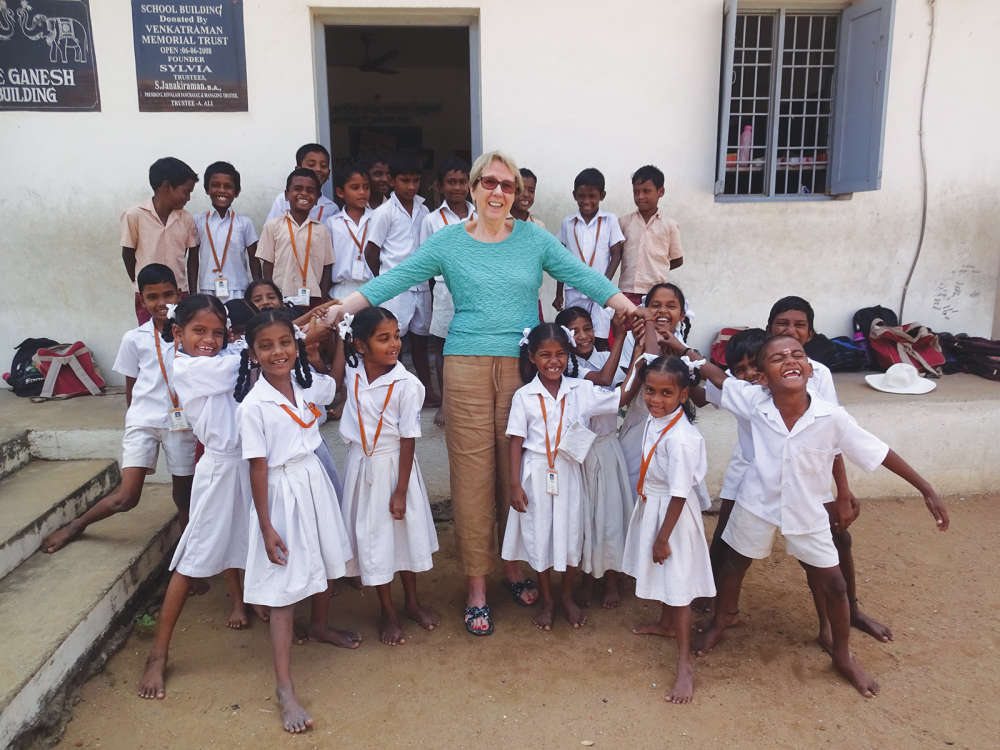 An Unlikely Retirement
An Unlikely Retirement
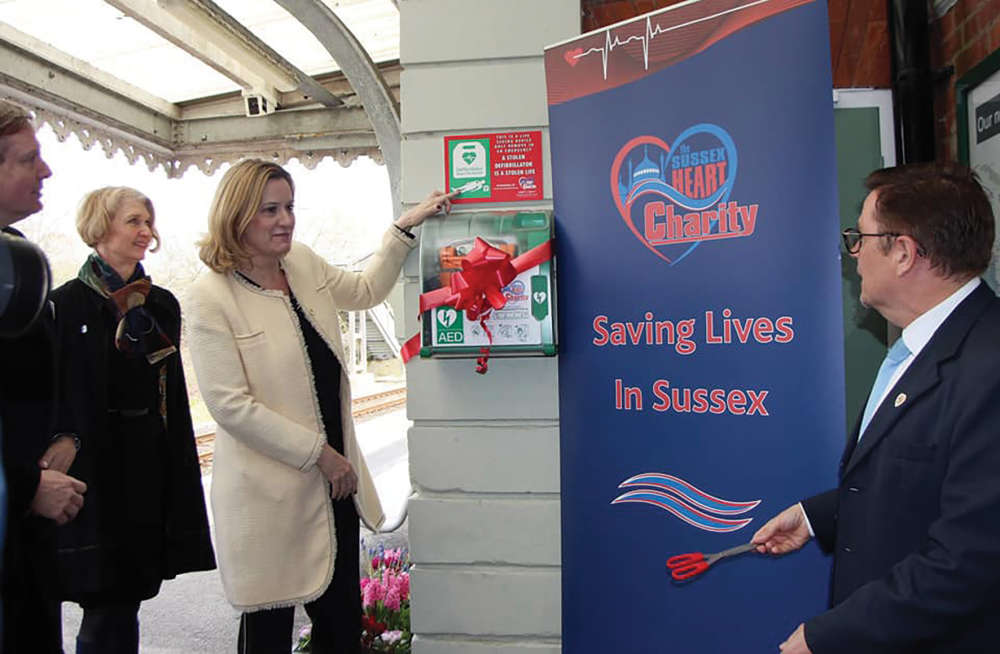 Matters of the Heart
Matters of the Heart
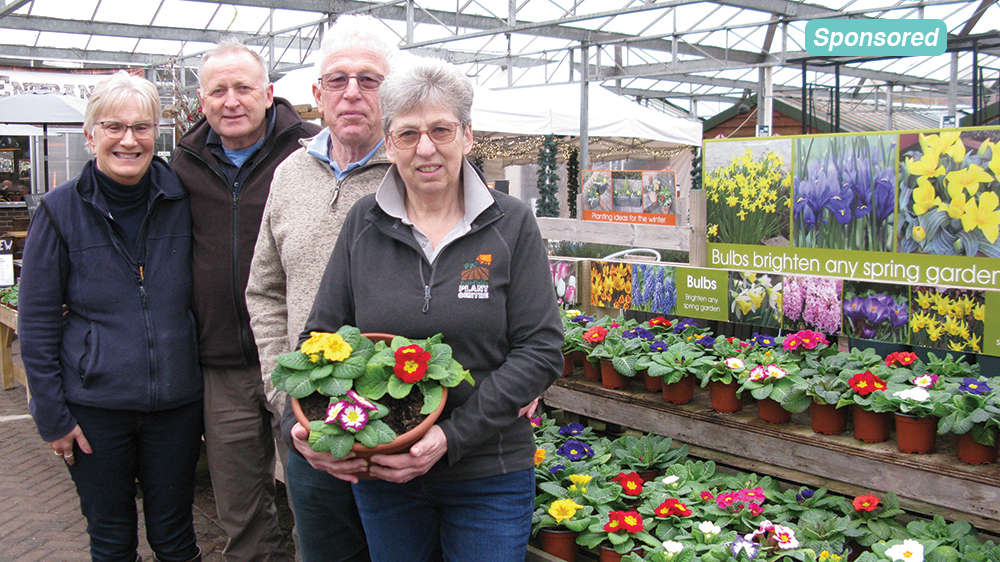 Rushfields: Celebrating 40 Years
Rushfields: Celebrating 40 Years
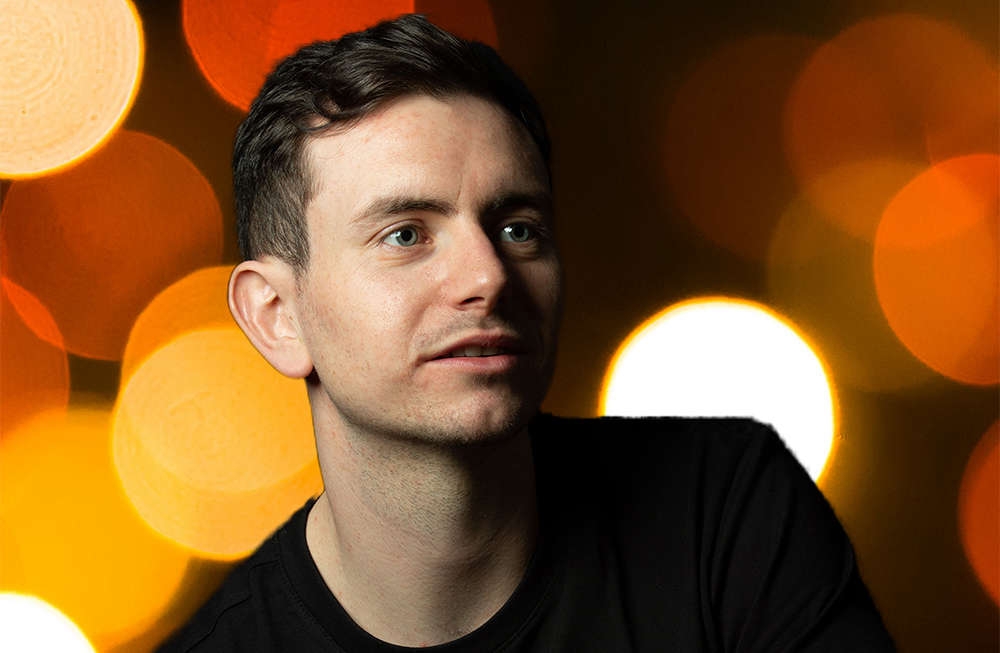 Interview: Comedian Connor Burns brings his Vertigo tour to Sussex
Interview: Comedian Connor Burns brings his Vertigo tour to Sussex